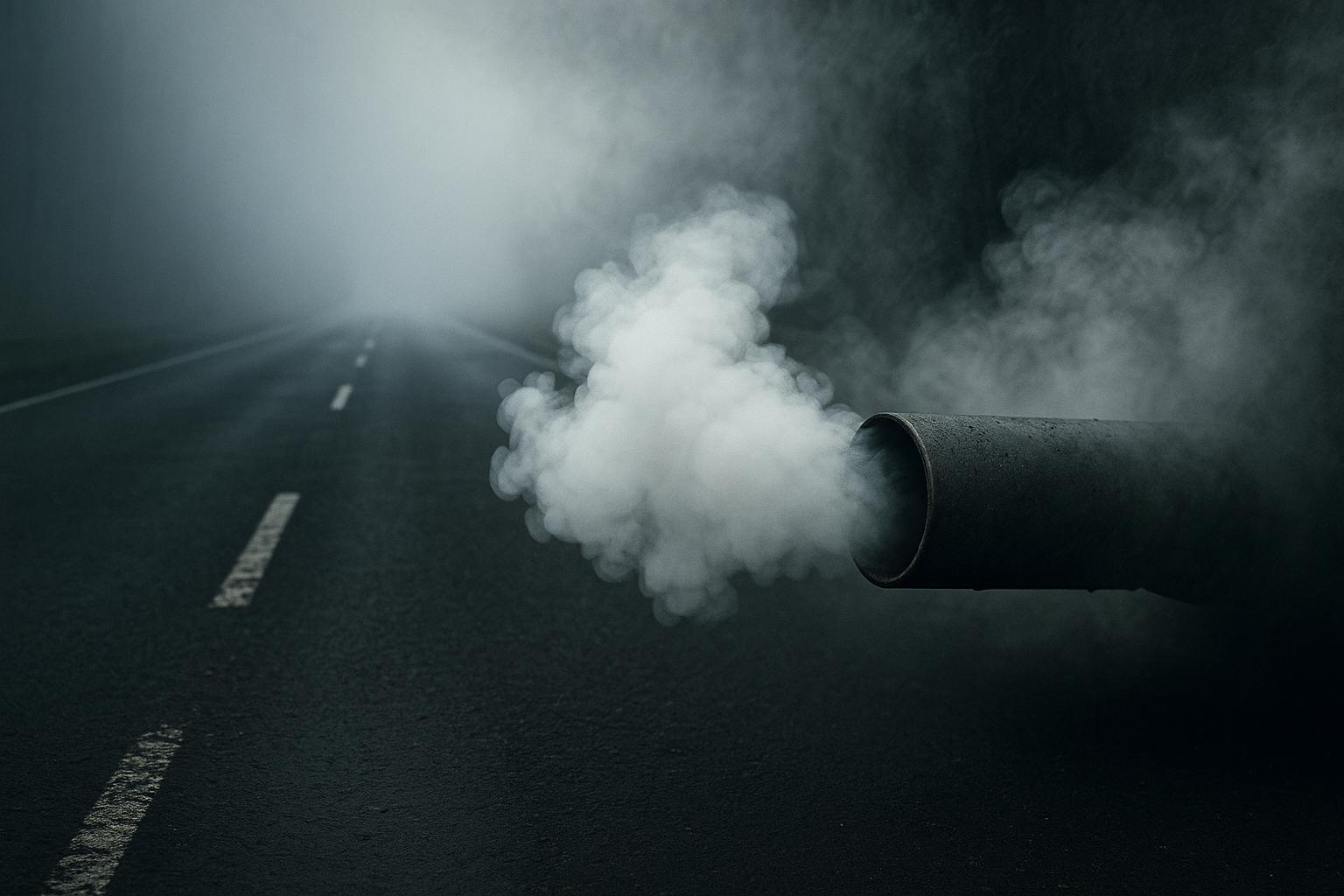A significant High Court trial is set to commence, involving over a million legal claims against major car manufacturers, including Mercedes-Benz. The case centres on allegations that these companies installed 'prohibited defeat devices' in diesel vehicles from 2009 onwards, enabling them to cheat emissions tests. These devices reportedly allowed vehicles to emit harmful pollutants at levels far exceeding legal limits once off the test track. The trial, expected to last three months, will scrutinise sample vehicles from five key manufacturers: Mercedes-Benz, Renault, Nissan, Ford, and Peugeot-Citroen. The cumulative value of the claims is estimated at no less than £6 billion, highlighting the considerable scale of potential liability. Beyond financial impacts, the case raises critical public health concerns, given that millions of residents across the UK may have been exposed to dangerous air pollution as a result of these practices.
The claims reflect broader anxieties about air quality and vehicle emissions standards, issues that have driven policy responses such as the introduction of London's Ultra Low Emission Zone (ULEZ). The ULEZ—expanded in recent years—has been credited with significantly improving air quality in London. Official data indicates that nitrogen dioxide (NO₂) concentrations in inner London are now about 20% lower than they would have been without the ULEZ, with reductions rising to 44% in central London. These improvements have benefited approximately four million people. More comprehensive studies also show a 27% citywide decrease in roadside NO₂ levels since ULEZ’s inception in 2019, alongside a 31% reduction in small-particle emissions (PM₂.₅) in outer London.
The impact of ULEZ extends further: vehicle numbers inside the zone have fallen by 2%, notably with a 20% drop in diesel vehicles, which are among the most polluting. The zone has reduced the number of highly polluting cars by 60% in central and inner London, encouraging residents to switch to greener modes of transport. These changes are linked not only to cleaner air but also to tangible health benefits, including an observed 4.5% decline in long-term health problems and an 8% decrease in respiratory illnesses such as asthma and bronchitis. Projections are optimistic, suggesting the ULEZ and similar measures could save the NHS and social care sector around £5 billion by 2050 through reduced pollution-related health costs.
The ongoing High Court trial underlines the broader context in which these emissions standards and regulations operate. Vehicle owners who believed they were purchasing cleaner, compliant cars may now face uncertainty about the true environmental impact of their vehicles, which, according to campaigners, could be far greater than advertised due to the alleged use of defeat devices. One advocate expressed a determination to represent those suffering from the health consequences of pollutant exposure and the vehicle owners caught up in this controversy.
As London continues to expand its ULEZ and other emission-reducing initiatives, the trial serves as a stark reminder of the stakes involved in ensuring vehicle emissions compliance—both for public health and environmental integrity. The outcome of this landmark case will likely influence future regulatory frameworks and manufacturer accountability in the UK and beyond.
📌 Reference Map:
Source: Noah Wire Services
